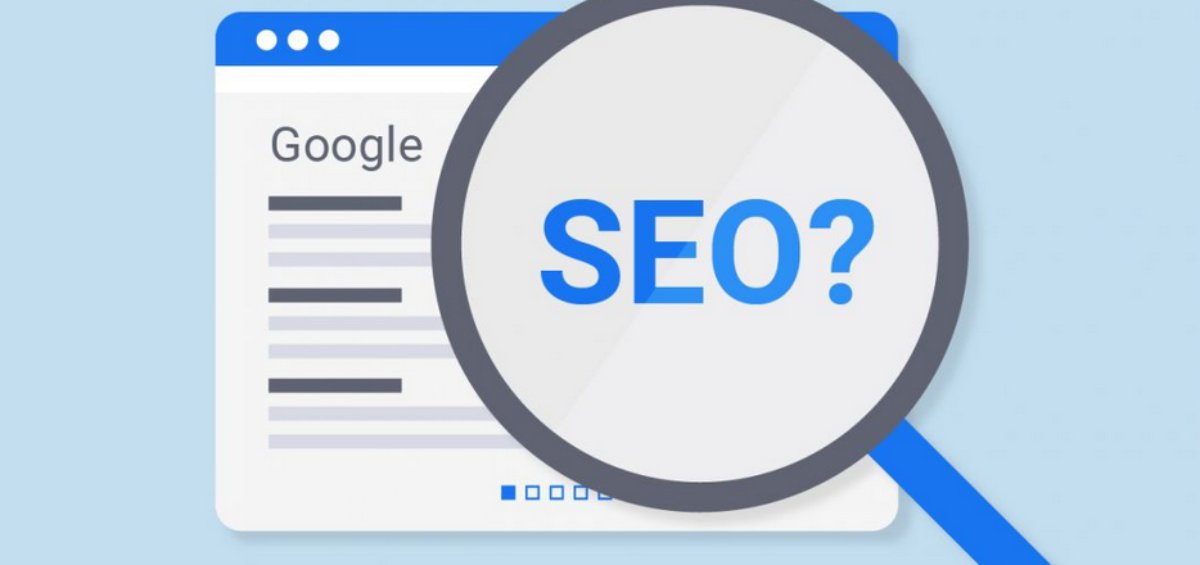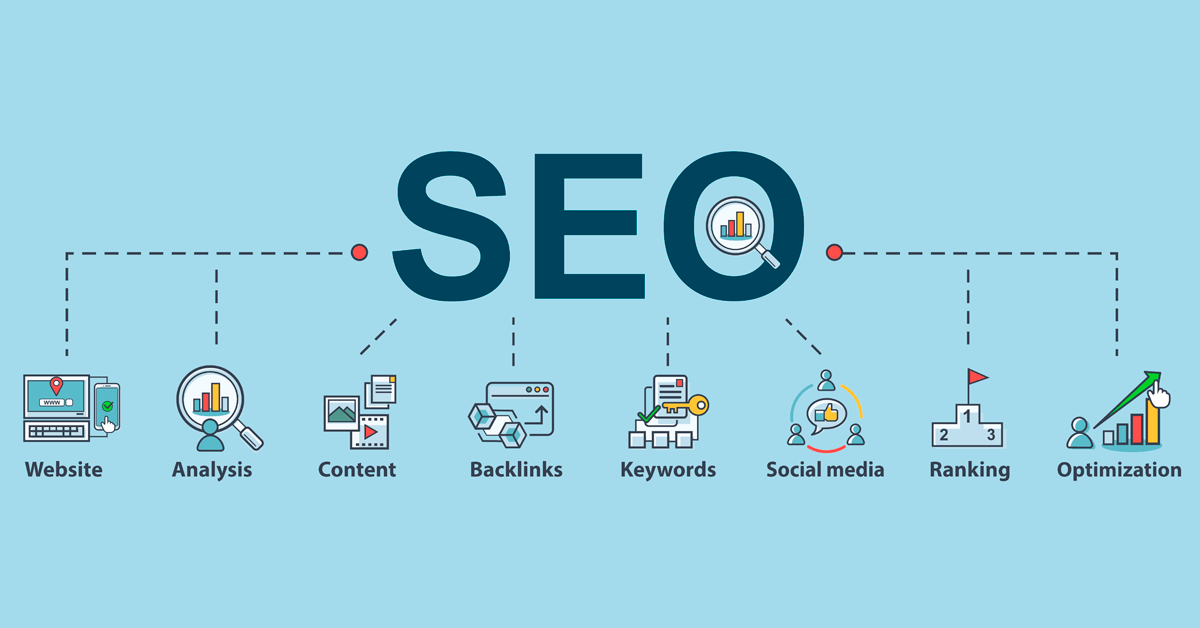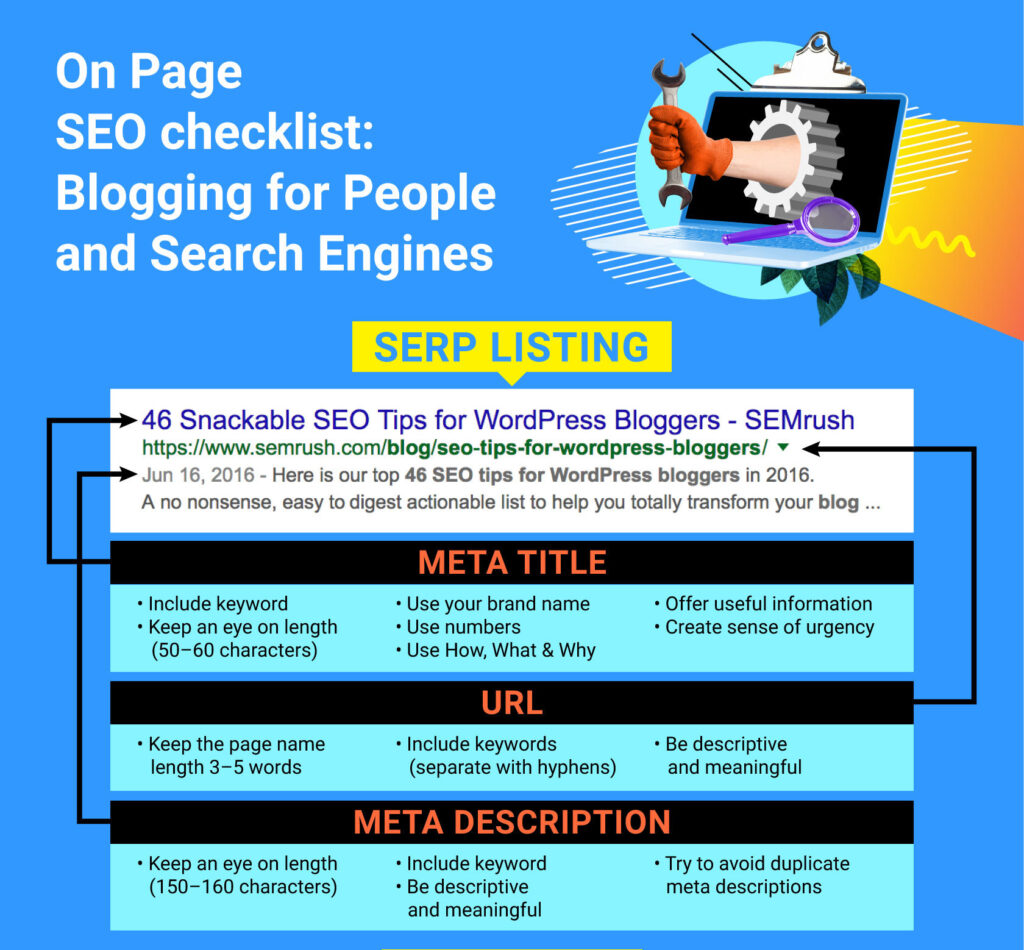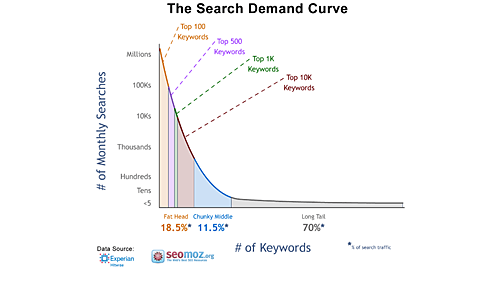Using SEO to rank higher in searches
Why improving your SEO is essential to rank higher in searches
By: Emily Clasen
You did it. You finally created your own website. You wrote your first blog and set up your product page. And you waited for people to start reading about your product…and waited…and waited and waited and waited. Weeks from now, you are wondering what you did wrong? You wrote interesting pieces, you have an aesthetically pleasing website design, and your product is amazing! But you haven’t made a single sale. What you are offering isn’t the problem. To get online traffic, to attract the right customers, to rank higher in searches, you need to improve your SEO.
What even is SEO? SEO stands for search engine optimization. SEO techniques help your website rank higher in searches so that the people who want to buy your actual product can actually find it without going to page 146 of Google. No matter how great your website, product, or service is, it doesn’t matter if people can’t quickly find it.
According to HubSpot, SEO brings in traffic by optimizing website pages, conducting keyword research, and earning inbound links, and that’s just the beginning! Search engines place websites higher up the search list based off things like title and image tags, internal link structures, site design, visitor behavior, and lots of other external factors.
A SERP (Search Engine Result Page) checklist is shown below to help get you rank higher in searches. You can use Google SERP or Google Search Console to learn more about viable keywords and your website visibility.
Now you might be thinking, “I’ll put as many keywords as possible on my site so that I’ll get more search hits,” but that’s not quite how SEO works. That’s called “keyword stuffing” because it’s about getting general traffic and not individuals with a specific question. So, what should you do?
Buyer Persona - Quality over Quantity
Choose your audience and design it for a specific target market. It’s tempting to write things around keywords and build your topic from there, but what you really need is to understand specific topics that draw people to your website (aka buyer persona). It won’t matter if lots of people click on your link and then quickly exit because it wasn’t what they are looking for. You want the audience that will spend time reading through your website’s information. Make an experience that is personalized for their needs. Write and design for them and worry about keywords after. You’ll often find that you naturally included plenty of keywords.
Low Competition, High Volume
Well-known websites with extremely high traffic and conversion rates overwhelm the first few pages of Google making it hard for startup websites. No matter how much better your website is, places like Hobby Lobby will always popup for “craft deals” instead of yours. If you want more traffic, you have to increase your website’s authority in a certain market. You need a keyword that Hobby Lobby doesn’t already dominate in. So, the goal for a new website is to find a specific target audience and keyword phrase that has low competition.
Long-tail Keyword Phrase
Long-tail keyword phrases are longer, and more specific, than common key phrases. Less people will search “grain-free dog food for elderly dog” compared to “healthy dog food,” and that’s not a bad thing. That keyword phrase will give you a higher conversion rate because people who type in a more specific phrase will find your page more applicable to their needs.
70% of search traffic is from long-tail keywords. These phrases can bring in traffic and you will rank higher in searches much quicker if you use them correctly. Not only does this bring more traffic to your site, if they typed in that specific search to begin with, your site is probably exactly what they are looking for which means there is a higher chance for sales!
To put it simply: Write and design for a specific audience, choose longer, more specific phrases as your keywords, and choose a market that bigger websites haven’t tapped yet. If you build off a specific topic and prioritize making it an experience for distinct users, then you will rank higher in searches and will be well on your way to gaining followers and customers!




